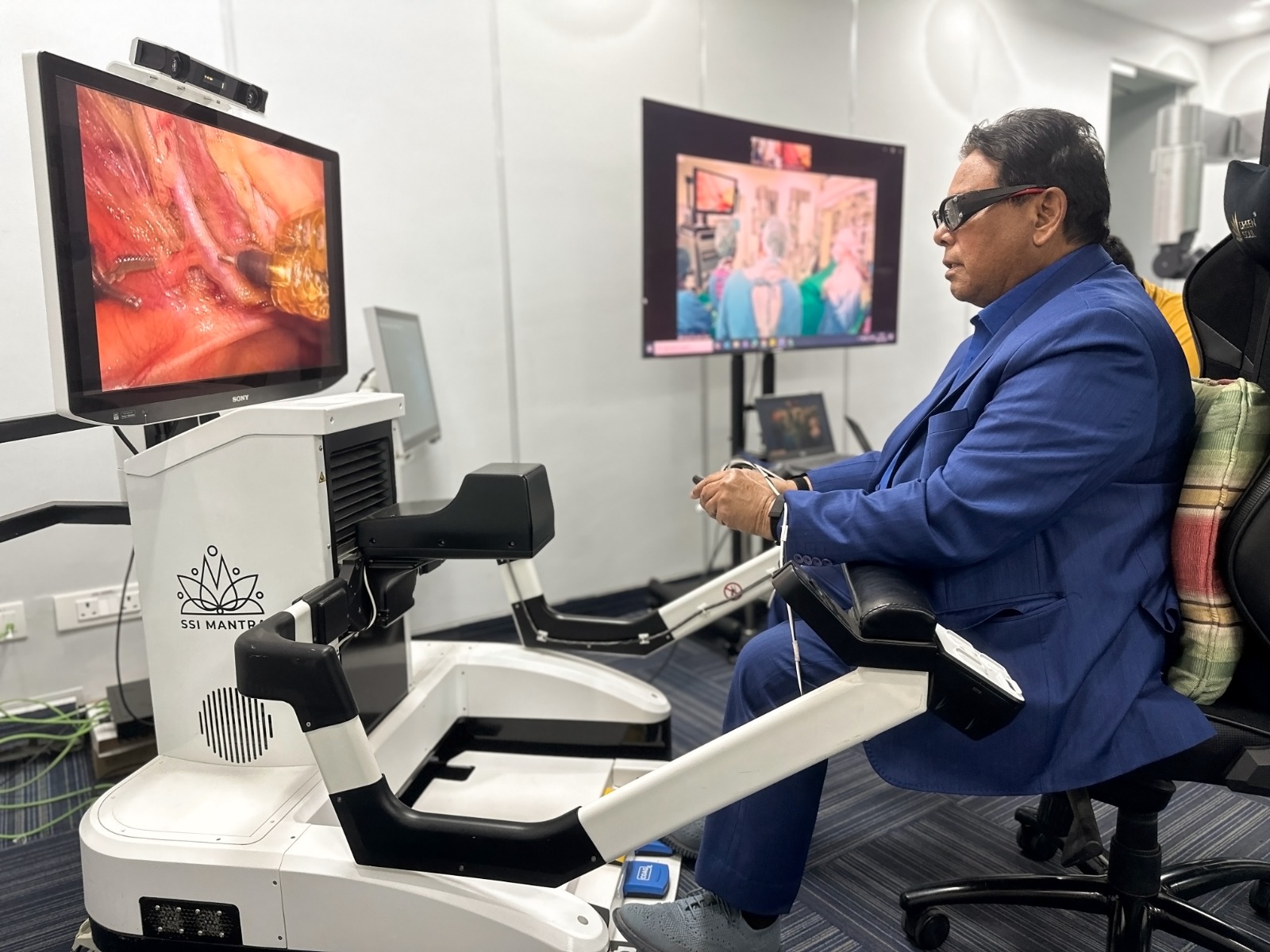 New Delhi: In a bid to counter the Coronavirus pandemic that has been rampaging around the world, IIIT Delhi has worked on computational AI (Artificial Intelligence) model for drug repositioning in the treatment of COVID-19.
New Delhi: In a bid to counter the Coronavirus pandemic that has been rampaging around the world, IIIT Delhi has worked on computational AI (Artificial Intelligence) model for drug repositioning in the treatment of COVID-19.
This essentially means that instead of manually going through ever available drug and checking its effectiveness against COVID-19 (which is a painstakingly long process), we can now rely on AI to speed things up and find us the drugs which have the highest probability of success against the disease.
The AI model that could prove to be an indispensable tool in the battle against COVID-19 has been the result of collaboration between Indraprastha Institute of Information Technology (IIIT) Delhi, IPGME&R Kolkata and INRIA, Saclay, Paris, France.
Many groups around the world are trying to find a vaccine for preventing the novel Coronavirus infection. But even by the most generous of estimates, it will still take a year to two for the vaccine to be available for mass consumption. Vaccines (all new drugs per se) have to undergo several phases of trial before they are approved by agencies, such as the FDA. In such a scenario, the only option is to repurpose/reposition existing drugs for curing COVID-19. Some well known examples of such repositioned drugs are Hydroxychloroquine (HCQ), Dexamethasone, Remdesivir, Avifavir/Favipiravir etc. Lesser known drugs that are on trial include Ribavirin, Umifenovir, Sofosbuvir and several antiretrovirals.
The database of drugs (drugbank.ca) lists more than 100 approved antivirals. Trying out all of them in clinical trials is not possible; it will be expensive both financially and in terms of time – a luxury we cannot afford. Therefore, we propose to use AI to prune this massive database and select a handful (5 to 10) of drugs that have better chances of succeeding. This would allow more concerted effort/trials on this handful of prospective treatment regimes.
To find out the best possible treatments for COVID-19, IIIT- Delhifollow the approach of drug target interaction (DTI) prediction. This is a standard approach in computational drug repositioning, i.e. reusing a drug that was developed for a certain disease for treating a different ailment. One classic example is Imatinibmesylate (sold under the trade name Gleevec) which was originally developed as a treatment for leukemia, and was later repositioned to treat gastrointestinal stromal tumors.
In simple terms, our AI model computes the similarity between the chemical structures of the drugs and the similarity between the genomic structures of existing viruses and the novel Coronavirus. The model then looks at the historical information about the efficacy of the drugs on different viruses; it selects similar drugs (based on chemical structure) that have been successful in treating viruses that have a genomic structure close to that of the novel Coronavirus.
Thus far, the AI models have selected Remdesivir, Umifenovir, Ribavirin and Sofosbuvir as prospective cures, and all of them are undergoing trials for COVID-19. The computational model and the state of clinical practice are thus in sync with each other.
One major challenge for the doctors and epidemiologists is that the novel Coronavirus is known to mutate very quickly, which means that the antiviral drugs have to evolve as well. The drugs which were proven to be effective against the original strain (December, 2019) and the ones selected for the latest strain (June) strain are considerably different. In such a scenario, the AI model can aid clinicians in selecting a set of drugs that is tailored for the strain under investigation.








